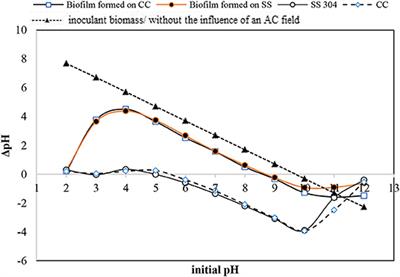ORIGINAL RESEARCH
Published on 15 Jul 2020
Involvement of Bcl-2 Activation and G1 Cell Cycle Arrest in Colon Cancer Cells Induced by Titanium Dioxide Nanoparticles Synthesized by Microwave-Assisted Hybrid Approach
doi 10.3389/fbioe.2020.00606
- 3,410 views
- 24 citations



